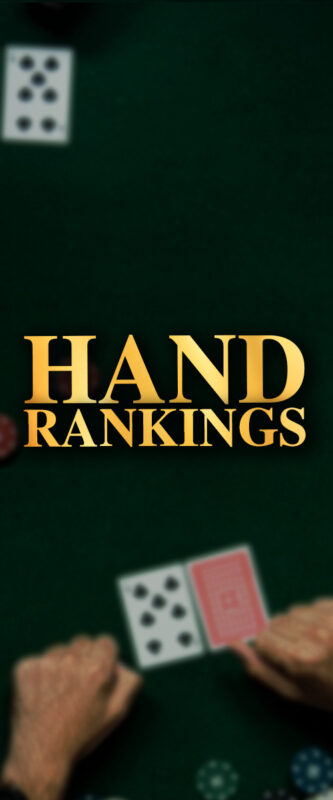Poker is more than just a game – it’s a thrilling blend of skill, strategy, and psychology that has captivated players around the world for centuries. Whether you’re a complete novice or looking to brush up on the basics, this guide will walk you through everything you need to know to start playing poker like a pro.
Understanding the Basics
1. What is Poker?
Poker is a popular card game played by millions of people worldwide. It involves betting, strategy, and skill, with players competing to form the best hand or to bluff their opponents into folding.
2. Hand Rankings
Familiarize yourself with the different poker hands, from the high-ranking Royal Flush to the lowly High Card. Understanding hand rankings is essential for determining the strength of your hand in comparison to your opponents’.
3. Game Setup
Learn the basic setup of a poker game, including the number of players, the dealer position, and the distribution of cards. Each player receives a combination of face-down (hole) cards and face-up (community) cards, depending on the variant being played.
Playing the Game
4. Betting Rounds
Poker consists of a series of betting rounds, where players have the opportunity to bet, raise, call, or fold based on the strength of their hand and their perception of their opponents’ hands.
5. Blinds and Antes
In many poker variants, including Texas Hold’em and Omaha, players are required to post blinds or antes to stimulate action and create a starting pot. Blinds are forced bets placed by players to the left of the dealer button, while antes are mandatory bets placed by all players before the start of each hand.
6. Showdown
The showdown occurs at the end of the final betting round, where remaining players reveal their hands and the winner is determined based on the highest-ranking hand. In some cases, players may win the pot without a showdown if all other players fold their hands.
Tips for Beginners
7. Start Small
If you’re new to poker, consider starting with low-stakes games or play-money tables to gain experience without risking significant amounts of money. As you become more confident in your skills, you can gradually move up to higher stakes games.
8. Learn the Rules
Take the time to familiarize yourself with the rules of the game and the specific variant you’re playing. Understanding the rules will help you make better decisions and avoid costly mistakes during gameplay.
9. Practice Patience
Poker is a game of skill and strategy, but it also requires patience and discipline. Don’t be tempted to play every hand or chase unlikely draws. Instead, wait for strong starting hands and favorable situations before committing your chips to the pot.
10. Study the Game
Continuously improve your poker skills by studying strategy books, watching instructional videos, and analyzing your own gameplay. Learning from experienced players and seeking feedback from peers can accelerate your progress and help you develop a winning strategy.






